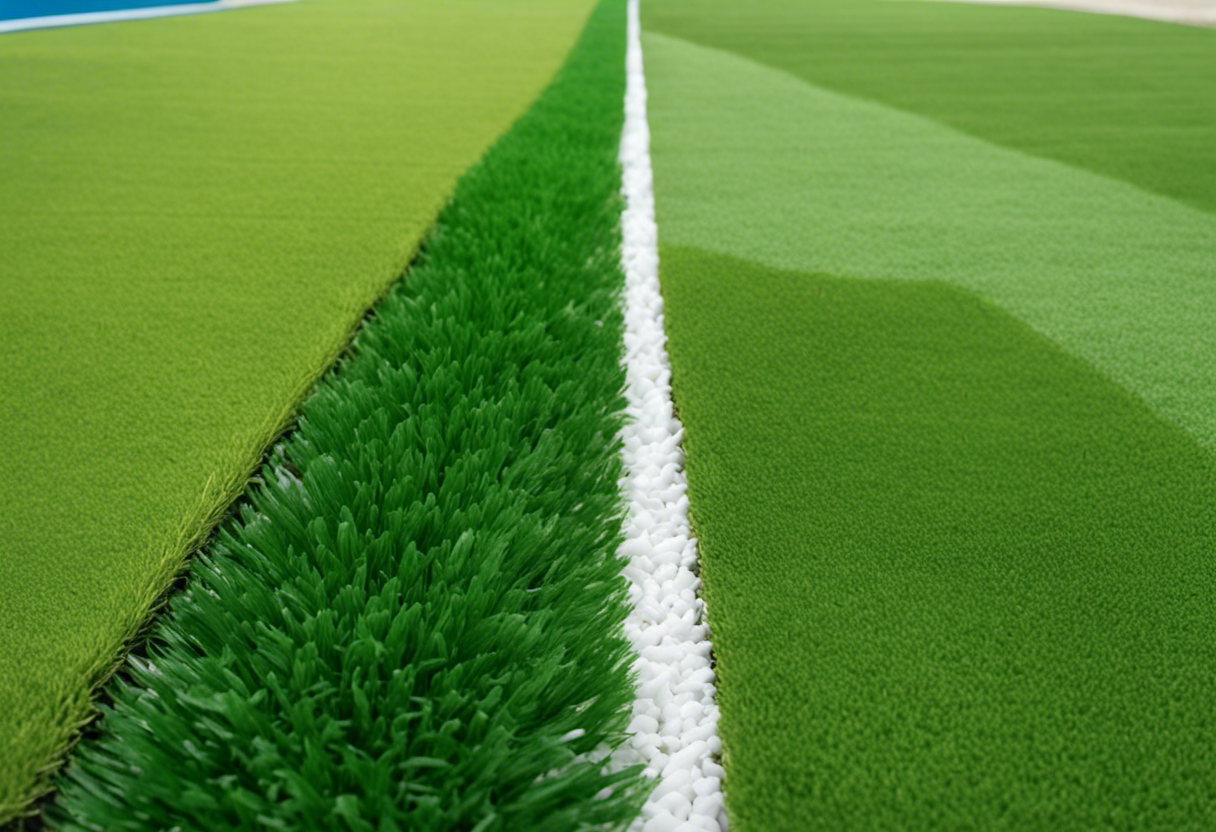Unveiling the Advantages and Disadvantages of Artificial Turf: A Comprehensive Exploration

The use of artificial turf has become increasingly popular in both residential and commercial settings, with many homeowners and organizations opting for this alternative to natural grass. Artificial turf offers numerous benefits, but it also comes with a set of drawbacks that need to be taken into consideration. In this comprehensive exploration, we delve into the advantages and disadvantages of artificial turf, providing valuable insights to help you make an informed decision.
Advantages of Artificial Turf
1. Low Maintenance Requirements: One of the primary advantages of artificial turf is its low maintenance needs. Unlike natural grass, which requires regular mowing, watering, and fertilizing, artificial turf necessitates minimal upkeep. This is especially beneficial for those who have busy lifestyles or for businesses looking to reduce maintenance costs.
2. Consistent Appearance: Another benefit of artificial turf is its ability to maintain a uniform and appealing appearance throughout the year. It remains green and lush, regardless of weather conditions or heavy usage. This makes it particularly suitable for areas with high foot traffic or regions prone to droughts.
3. Durability: Artificial turf is designed to withstand heavy use and resist wear and tear. It is highly durable, capable of withstanding intense sporting activities, children playing, and even pets. This durability makes it a popular choice for sports fields, playgrounds, and commercial spaces.
4. Water Conservation: With increasing concerns over water scarcity, artificial turf offers a significant advantage of conserving water. The elimination of the need for regular watering not only reduces water bills but also lessens the strain on local water supplies. This makes it an appealing option for regions with limited water resources or where water restrictions are in place.
5. Allergy-Free Environment: For individuals with grass allergies, artificial turf can create an allergy-free environment. Unlike natural grass, which can trigger allergies and hay fever symptoms, artificial turf does not produce pollen or other allergens. This allows people with allergies to enjoy outdoor spaces without the discomfort associated with traditional grass.
